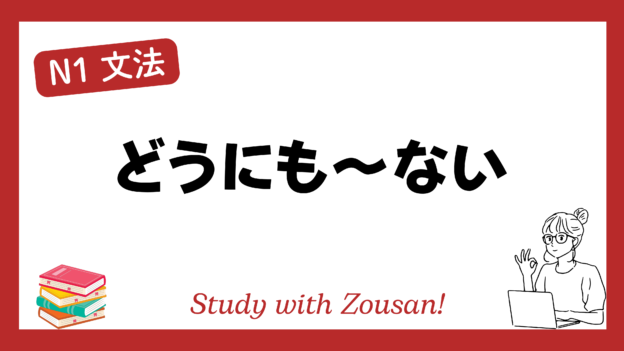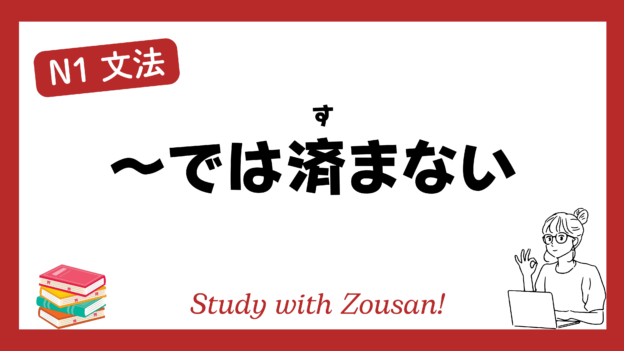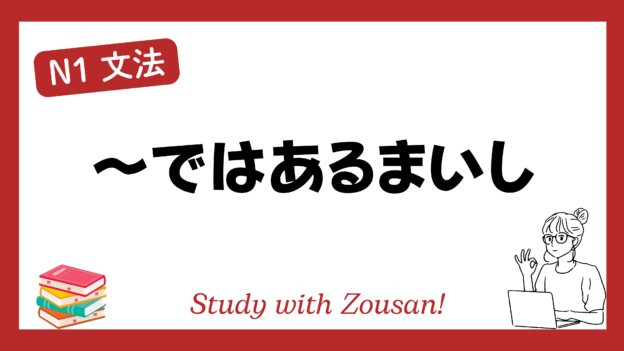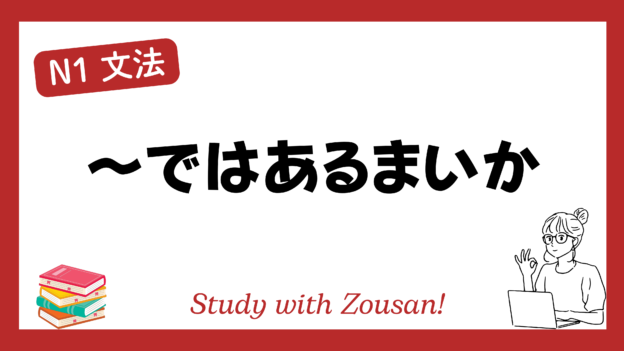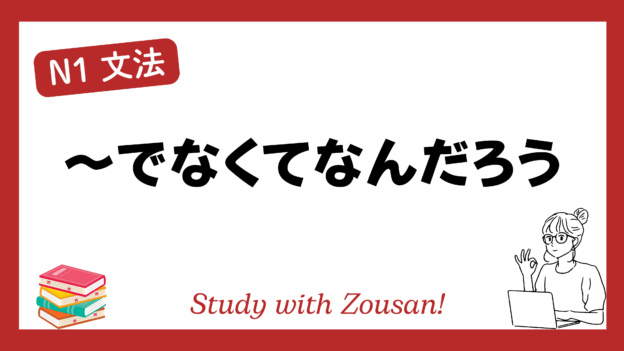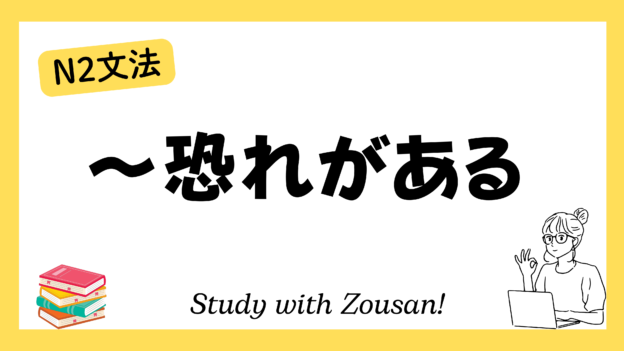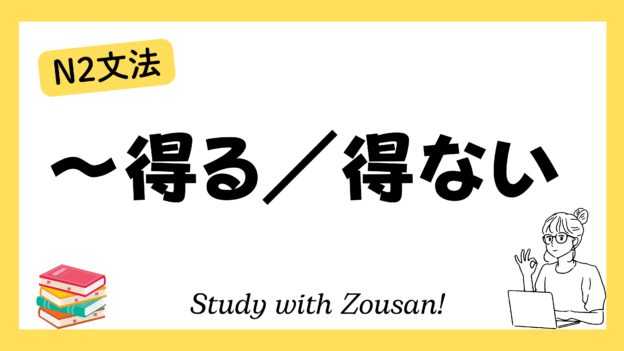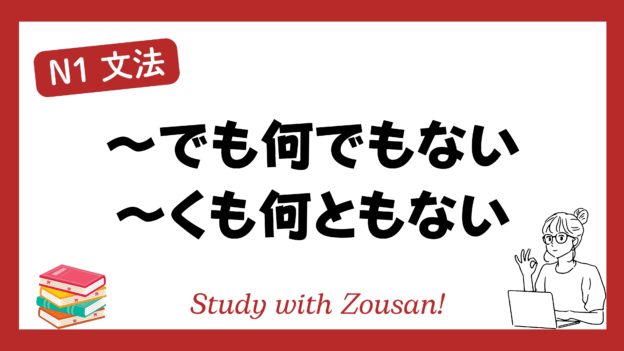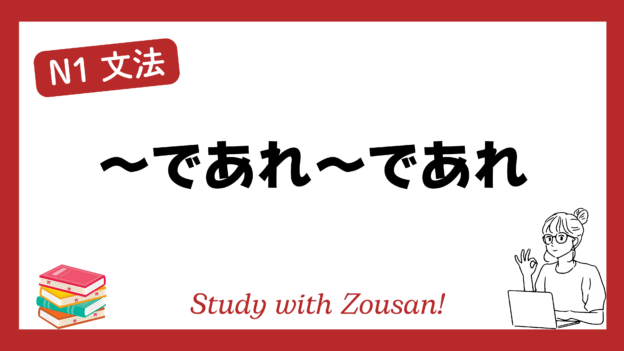Meaning: “Can’t do anything about…”, “No way to…”
This structure is used to express that no matter how hard one tries, they cannot resolve or change the issue. It conveys a sense of helplessness and that there is no way to overcome the situation.
※Note: “どうにも~ない” is often used to express frustration or helplessness in the face of a situation that the speaker cannot control or change.
Structure:
| どうにも + | Verb (ない form) |
| Noun + がない |
Example:
-
-
-
🌟 この問題はどうにも解決できない。
(この もんだい は どうにも かいけつ できない。)
This problem cannot be solved no matter what I do. -
🌟 どうにも彼の気持ちを変えられない。
(どうにも かれ の きもち を かえられない。)
I cannot change his feelings no matter what. -
🌟 どうにもこの状況を変えることはできない。
(どうにも この じょうきょう を かえる こと は できない。)
I can’t change this situation no matter what I do. -
🌟 この機械はどうにも修理できない。
(この きかい は どうにも しゅうり できない。)
This machine cannot be repaired no matter what. -
🌟 どうにも眠れない夜が続いている。
(どうにも ねむれない よる が つづいている。)
I continue to have sleepless nights no matter what I try. -
🌟 どうにも助けてあげられないことがつらい。
(どうにも たすけて あげられない こと が つらい。)
It’s painful that I can’t help no matter what I do. -
🌟 この痛みはどうにも耐えられない。
(この いたみ は どうにも たえられない。)
I cannot bear this pain no matter what I do. -
🌟 どうにも忘れられない過去がある。
(どうにも わすれられない かこ が ある。)
There is a past I cannot forget no matter what. -
🌟 どうにも説得できない状況だ。
(どうにも せっとく できない じょうきょう だ。)
It’s a situation that cannot be persuaded no matter what I say. -
🌟 どうにもやり直せないことを後悔している。
(どうにも やりなおせない こと を こうかい している。)
I regret that I cannot redo it no matter what.
-
-


